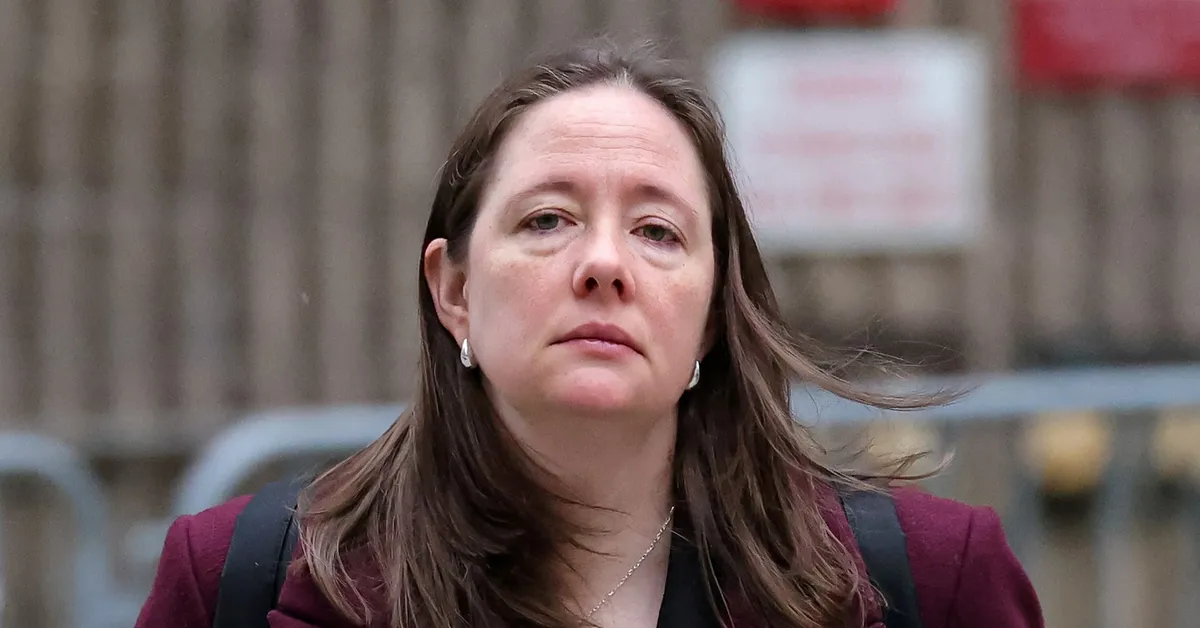
On September 15, 2023, Maurene Comey, a former federal prosecutor known for her role in high-profile cases against figures like Ghislaine Maxwell and music mogul Sean Diddy Combs, filed a lawsuit against the Trump administration in Manhattan federal court. The lawsuit stems from her unexpected termination in July, a move she claims lacked any clear justification.
In her legal filing against the Justice Department and the Executive Office of the President, Comey alleges that she was fired primarily due to her familial connection to her father, former FBI Director James Comey, who has been a vocal critic of Trump. The lawsuit argues that the decision to terminate her position was influenced by her father's status, stating that she was dismissed “solely or substantially” because of him.
This lawsuit could serve as a critical test of the Trump administration's authority to dismiss line prosecutors. Critics argue that Trump's actions are part of a broader strategy to politicize the Justice Department, particularly against those who have worked on cases involving Trump or his political allies. The controversy surrounding Comey's firing highlights ongoing tensions regarding the independence of federal prosecutors, who traditionally operate outside the political sphere.
Maurene Comey has spent a decade in the Manhattan U.S. Attorney’s office, where she has garnered a reputation for her competence and dedication. Her attorneys emphasize that she has consistently received excellent performance reviews, including one from Jay Clayton, the U.S. Attorney appointed by Trump, marking her professional capabilities as exemplary.
During her tenure, Comey played a pivotal role in securing the conviction of Ghislaine Maxwell, who was found guilty of sex trafficking for her involvement with the late financier Jeffrey Epstein. Maxwell is currently serving a 20-year sentence for her crimes. Additionally, Comey was instrumental in the prosecution of Sean Diddy Combs on charges related to prostitution, although he was acquitted of more severe allegations.
On July 16, just two weeks after the trial verdict against Combs, Comey received an email from the Justice Department's human resources director, notifying her of her termination. The abrupt nature of the email left her without a specific reason for her dismissal, referencing only Article II of the U.S. Constitution, which outlines presidential powers. When seeking clarification from U.S. Attorney Jay Clayton, Comey was reportedly met with the vague response, “it came from Washington.”
Comey is now seeking a judicial ruling to reinstate her position as a prosecutor within the Manhattan U.S. Attorney’s office, emphasizing the office's historic independence from higher-ups in Washington. As the situation develops, the outcome of this lawsuit could have significant implications for the balance of power within the Justice Department and the treatment of federal prosecutors in politically charged environments.
Reporting by Luc Cohen in New York; Editing by Franklin Paul, Mark Porter, and Edmund Klamann.